"A Gesture of Despair": The Push for Palestinian Statehood
Emmanuel Macron strode to the podium at the United Nations, a Palestinian flag flickering across the giant blue screens behind him. Delegates rose in applause as France joined a growing wave of countries extending official recognition to Palestine.
“The time has come for the creation of a Palestinian state living in peace and security alongside Israel,” Macron declared, his words hanging in the hushed chamber. “We must pave the way for peace.”
It was a cinematic moment — the kind that makes for history-book photographs. Cameras clicked. Delegates clapped. A standing ovation rolled across the room. But behind the ovations lay a harder, older question: What, exactly, had changed?
A state in name only
The backdrop to Macron’s gesture was the “New York Declaration,” the culmination of a diplomatic effort co-led by France and Saudi Arabia and endorsed by 142 countries. The document called for the recognition of Palestinian statehood, support for full UN membership, a timetable to end Israel’s military operations in Gaza, a multilateral reconstruction effort, and a framework for Palestinian institution-building.
The declaration condemned Hamas’s October 7 attacks, which killed over 1,200 Israelis; demanded the release of hostages; and insisted that Hamas “must end its rule in Gaza and hand over its weapons” to the Palestinian Authority, which governs Palestinians in the West Bank. For backers, it was a blueprint to channel international outrage into political momentum, isolate Hamas, and offer Palestinians a political horizon beyond endless conflict. It also served as leverage on Israel, pressing Prime Minister Benjamin Netanyahu’s government to halt its military campaign and allow reconstruction.
Israel’s strategy and annexation threats
Israel’s government immediately framed recognition as dangerous. Netanyahu declared, “There will be no Palestinian state.” His coalition partners escalated the rhetoric: Finance Minister Bezalel Smotrich called for immediate annexation of West Bank territory that Palestinians expect would become part of their future state. Smotrich asserted that sovereignty over “the homeland territories of the Jewish people in Judea and Samaria” (both located in the West Bank) was the only acceptable response. National Security Minister Itamar Ben-Gvir demanded the “complete dismantling” of the Palestinian Authority.
Annexation, however, carries risks. European governments have warned Israel that expansion of settlements or expulsion of diplomats would trigger sanctions. Netanyahu has proceeded cautiously, expanding West Bank settlements incrementally but avoiding a formal declaration, a strategy of, in effect, annexing Palestinian territory through migration.
A United Nations commission recently detailed Israel’s extensive demolition of civilian infrastructure in Gaza’s corridors and buffer zones, concluding that Israeli authorities had expanded control to 75 percent of the territory and sought to entrench a Jewish majority in the West Bank. The commission also accused Israel of committing genocide in Gaza. Israel dismissed the report as politically motivated, but it underscored the widening gap between international demands for Palestinian sovereignty and Israel’s on-the-ground trajectory toward deepened occupation.
Trump’s UN rebuke
The United States, long the indispensable broker in Middle East diplomacy, opposed unilateral recognition. Secretary of State Marco Rubio denied visas for the Palestinian delegation and tried unsuccessfully over the past few weeks to convince allies to boycott the meeting about recognition.
In a combative address to the UN General Assembly, President Trump said, “As if to encourage continued conflict, some of this body is seeking to unilaterally recognize the Palestinian state. The rewards would be too great for Hamas terrorists, for their atrocities. This would be a reward for these horrible atrocities.”
He repeated his demand that “we want all the hostages back” from Gaza, omitting discussion of Israel’s siege of Gaza City and his prior pledges to expand humanitarian aid. “Instead of giving in to Hamas’s ransom demands,” he said, “those who want peace should be united with one message — release the hostages now, just release the hostages.” He added, “We have to stop the war in Gaza immediately. We have to stop it, to get it done.”
Washington has also signaled it will block any Palestinian bid for full UN membership at the Security Council, sharply limiting the practical impact of the New York Declaration.
Oslo’s broken promises
Understanding the current diplomatic push requires a look back at the peace process that began in 1993 with Israeli–Palestinian negotiations in Oslo, Norway. Later that year, Israeli Prime Minister Yitzhak Rabin and Palestinian leader Yasser Arafat shook hands on the White House lawn, overseen by President Bill Clinton. The resulting Oslo Accords promised phased Israeli withdrawals from occupied Palestinian territory in the West Bank and Gaza, Palestinian self-rule, and, within five years, an agreement on the final status of the Palestinian people and their territories.
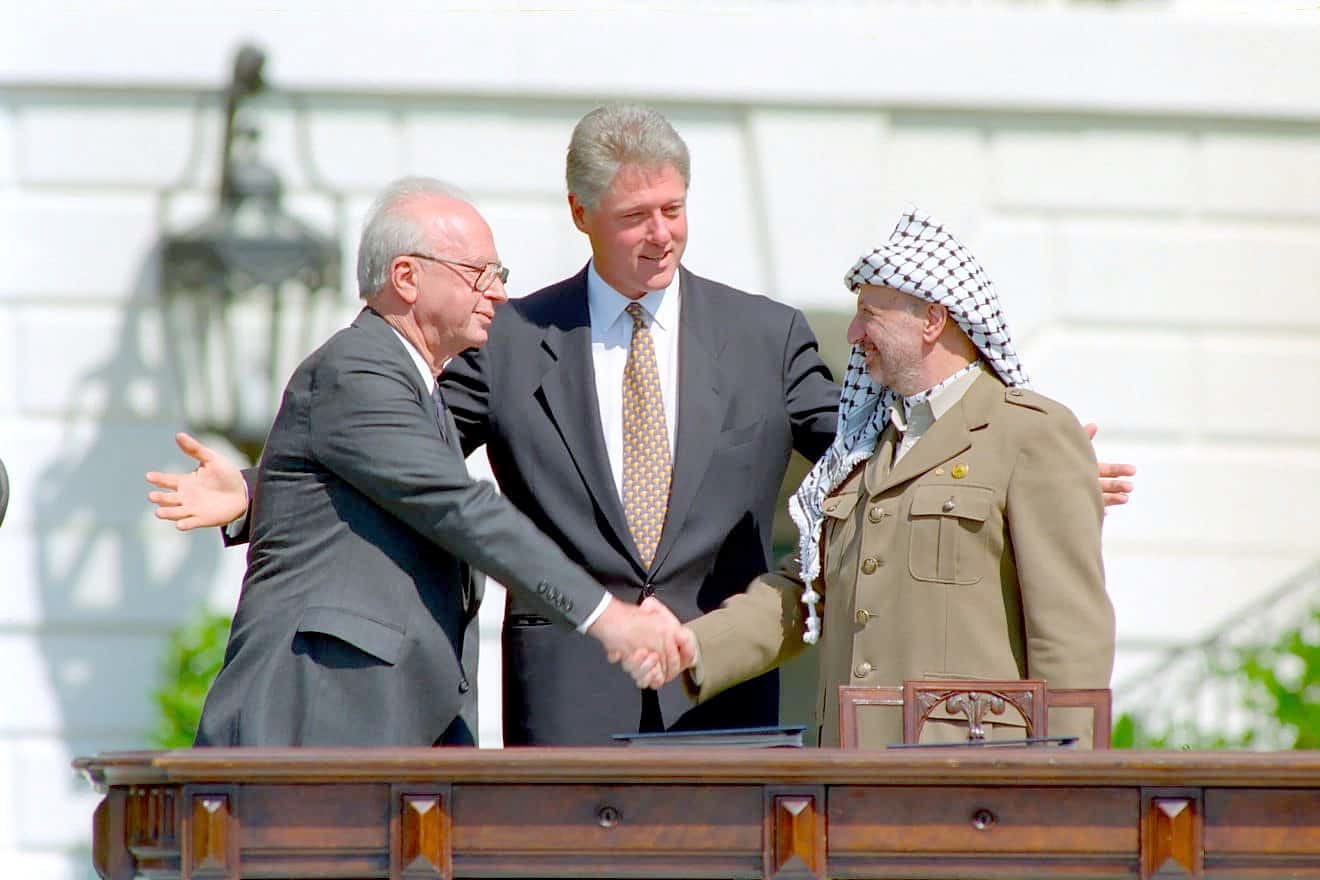
Instead, the process collapsed. Rabin was assassinated by a Jewish extremist opposed to concessions. Hamas suicide bombings shattered Israeli trust. Settlements expanded. Final-status talks at Camp David and in Taba, Egypt, failed amid bitter recriminations.
The outcome was a Palestinian Authority dependent on foreign aid and stripped of legitimacy.
Abbas, corruption, and failed governance
Today, the Palestinian governance crisis is acute.
Mahmoud Abbas has ruled the Palestinian Authority by decree since elections were last held in 2006. Corruption is endemic, public services are weak, and popular trust is low. Hamas’s 2007 takeover of Gaza further fractured Palestinian governance, leaving two rival authoritarian authorities.
International donors have spent billions trying to build Palestinian institutions, but efforts have repeatedly been undercut: by Israel, which restricts movement of Palestinians with checkpoints that prevent their moving freely from town to town, withholds Palestinian tax revenues, and controls critical infrastructure; by the United States, which has often blocked Palestinian reconciliation efforts for fear of legitimizing Hamas; and by Hamas itself, whose repressive rule in Gaza leaves little space for democratic renewal.
The result is a hollow state-in-waiting: flags and anthems exist, but no functioning legislature, judiciary, or elections in nearly two decades. Abbas addressed the UN by video — denied a US visa by the Trump administration — pledging reforms and elections, yet similar promises have repeatedly failed to materialize. “What we want is a state with one law and one legitimate security force,” Abbas said from Ramallah.
The humanitarian crisis
For Palestinians on the ground, recognition is abstract. “We are not steadfast, we are helpless,” Huda, a mother of two from Gaza City told Reuters. “The children tremble all the time from the sounds of explosions, we do too, they are wiping out a city that is thousands of years old and the world is celebrating a symbolic recognition of a state that won’t stop our killing.”
Hamas’ health officials estimate over 65,000 Palestinians have died in Gaza since October 7, with hospitals destroyed, food scarce, and essential infrastructure decimated. Hamas doesn’t distinguish between combatant and civilian deaths, but the toll is still unimaginable.
Arab pressure and the Abraham Accords
Arab leaders, meanwhile, are increasing their pressure. King Abdullah of Jordan devoted his entire speech to the plight of Palestinians caught in the Gaza war, the decades-long Israeli occupation of the West Bank, and the need for an independent Palestinian state. His words underscored a growing sense of alarm in Arab capitals that the Gaza conflict risks destabilizing the region.
Several governments have warned that continued Israeli military operations could jeopardize the Abraham Accords — deals brokered in 2020 that established diplomatic relations between Israel and the UAE, Bahrain, Morocco, and Sudan. Those accords marked a diplomatic breakthrough for Israel, signaling unprecedented acceptance in the Arab world. For Arab leaders, they offered economic and security partnerships with Washington’s close ally. But the Gaza war has shaken that calculus. Arab diplomats now warn that without tangible movement toward Palestinian statehood, the accords could unravel.
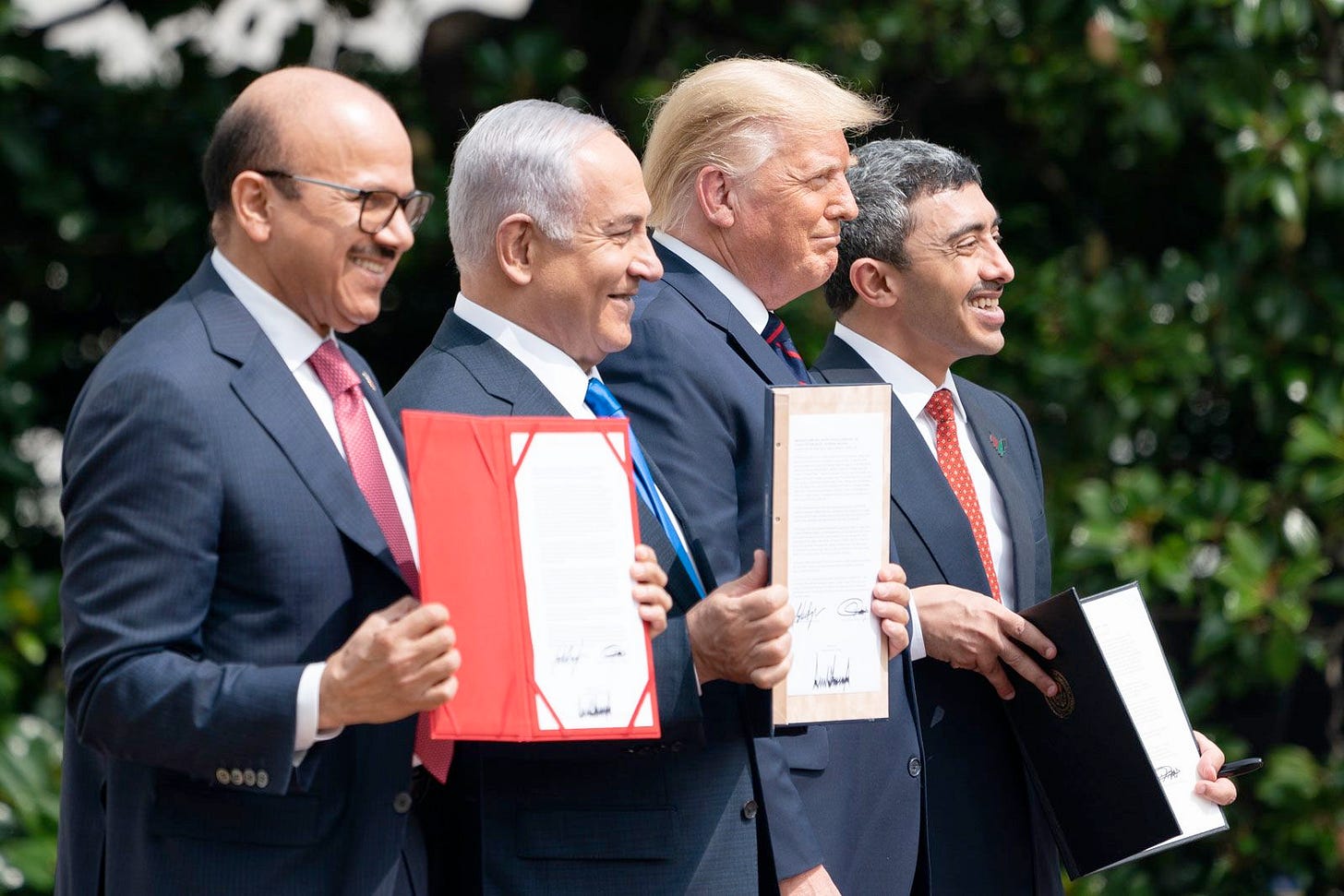
Symbolism vs. reality
Currently, roughly 145 of the UN’s 193 member states recognize Palestine, a symbolic milestone but not enough to shift realities on the ground without US engagement.
Experts stress the limits of recognition without enforcement. Aaron David Miller, former adviser to US secretaries of state on Arab–Israeli negotiations, said, “The ingredients required to test the possibility of a two-state solution are simply not there.” He notes that the French–Saudi plan, while constructive, is “wholly untethered from the current reality. The missing ingredient is Trump’s capacity, will, and desire to essentially take on Benjamin Netanyahu.”
Former French ambassador Gérard Araud described the recognition as “a gesture of despair… we are heading toward a disaster; we are trying to stop it.”
For Palestinians, Monday’s summit offers recognition but little relief. For Israel, it signals mounting isolation. For the rest of the nations that recognized Palestine, it is a moral and diplomatic assertion — a paper life preserver in stormy waters, visible to all but dependent on political currents far beyond New York.
Recognition is powerful symbolism. It signals international support, aims to pressure Israel to allow reconstruction, and offers a political alternative to Hamas’s control of Gaza. It does not end Israel’s brutal campaign in Gaza, its occupation of the West Bank, or the expansion of settlements. It does not conjure functioning ministries, unify leadership, or end occupation. A flag and an anthem do not make a state. Palestinians lack borders, sovereignty, and strong leadership.
Without decisive US support, the path to statehood remains as uncertain as ever. For those living amid the ruins, history alone cannot feed children, rebuild hospitals, or establish governance. Palestinians deserve more than symbols — they need action, accountability, and sustained international pressure to make statehood a reality.



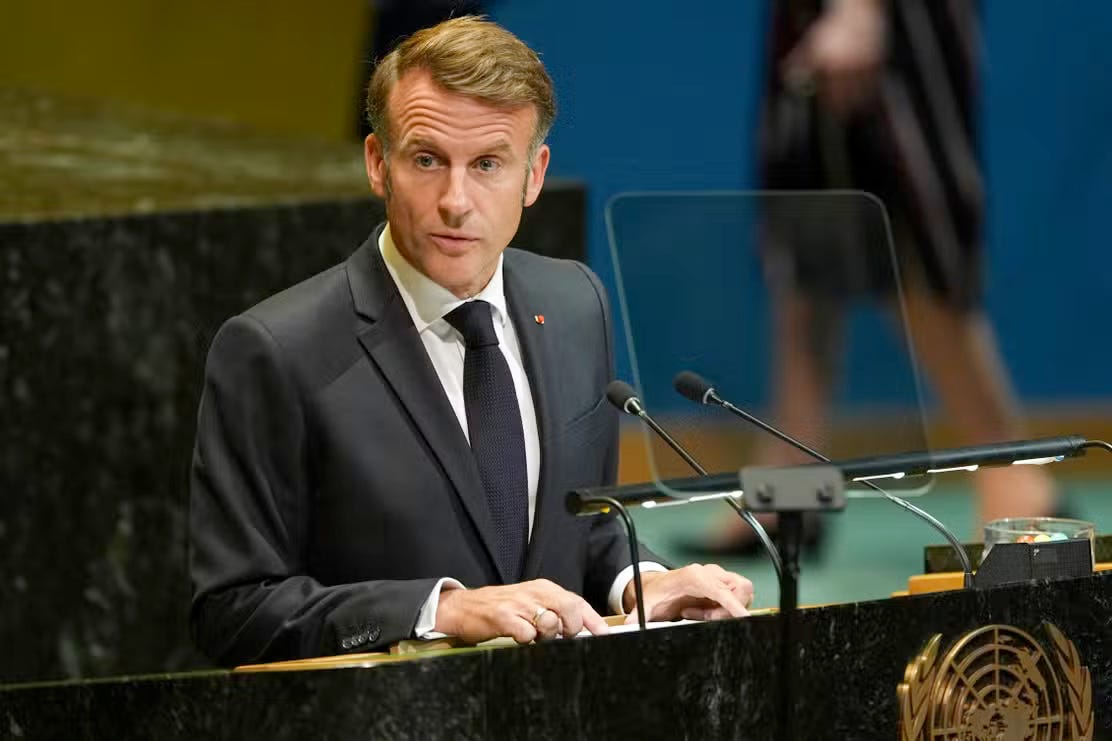
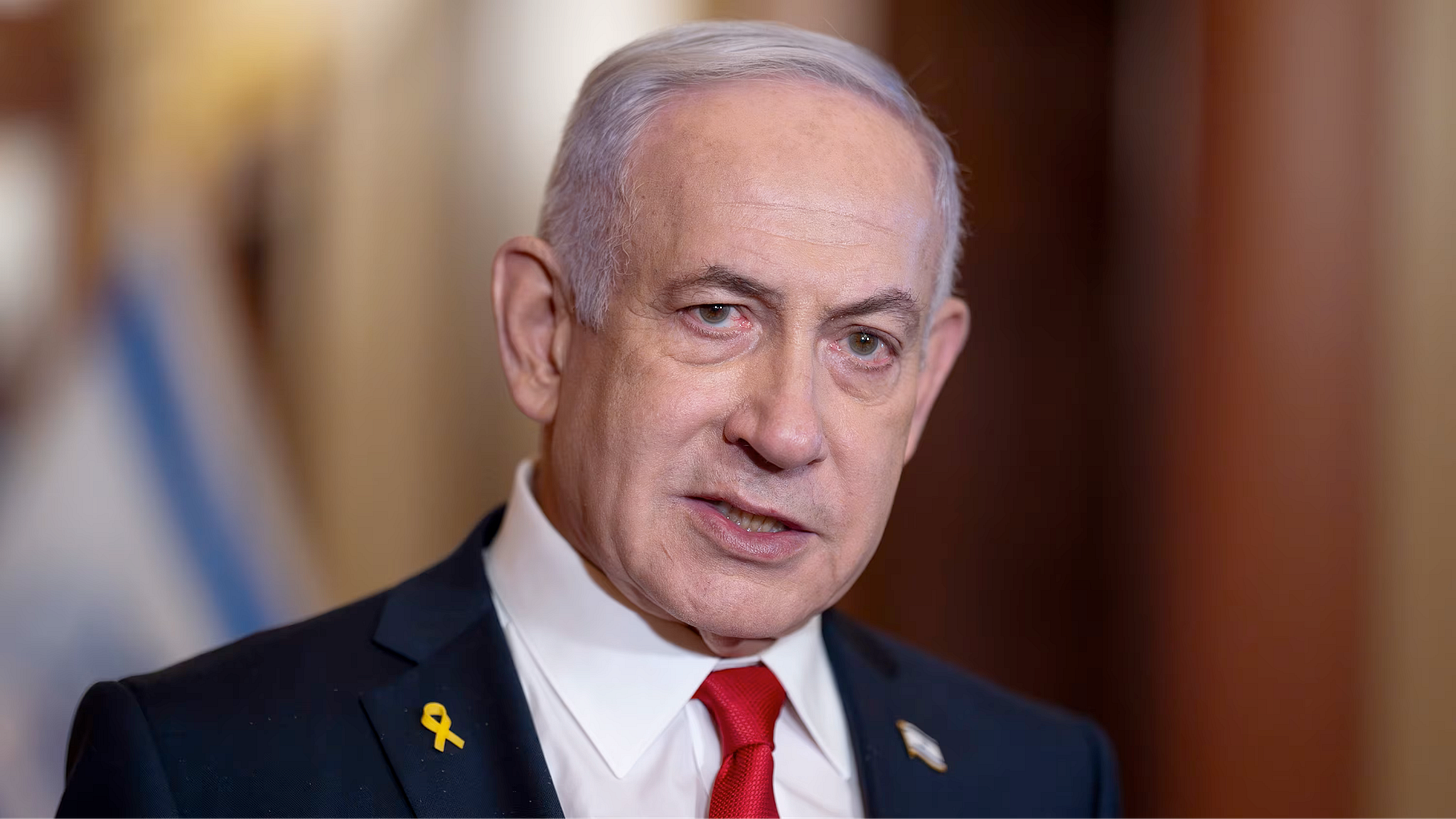
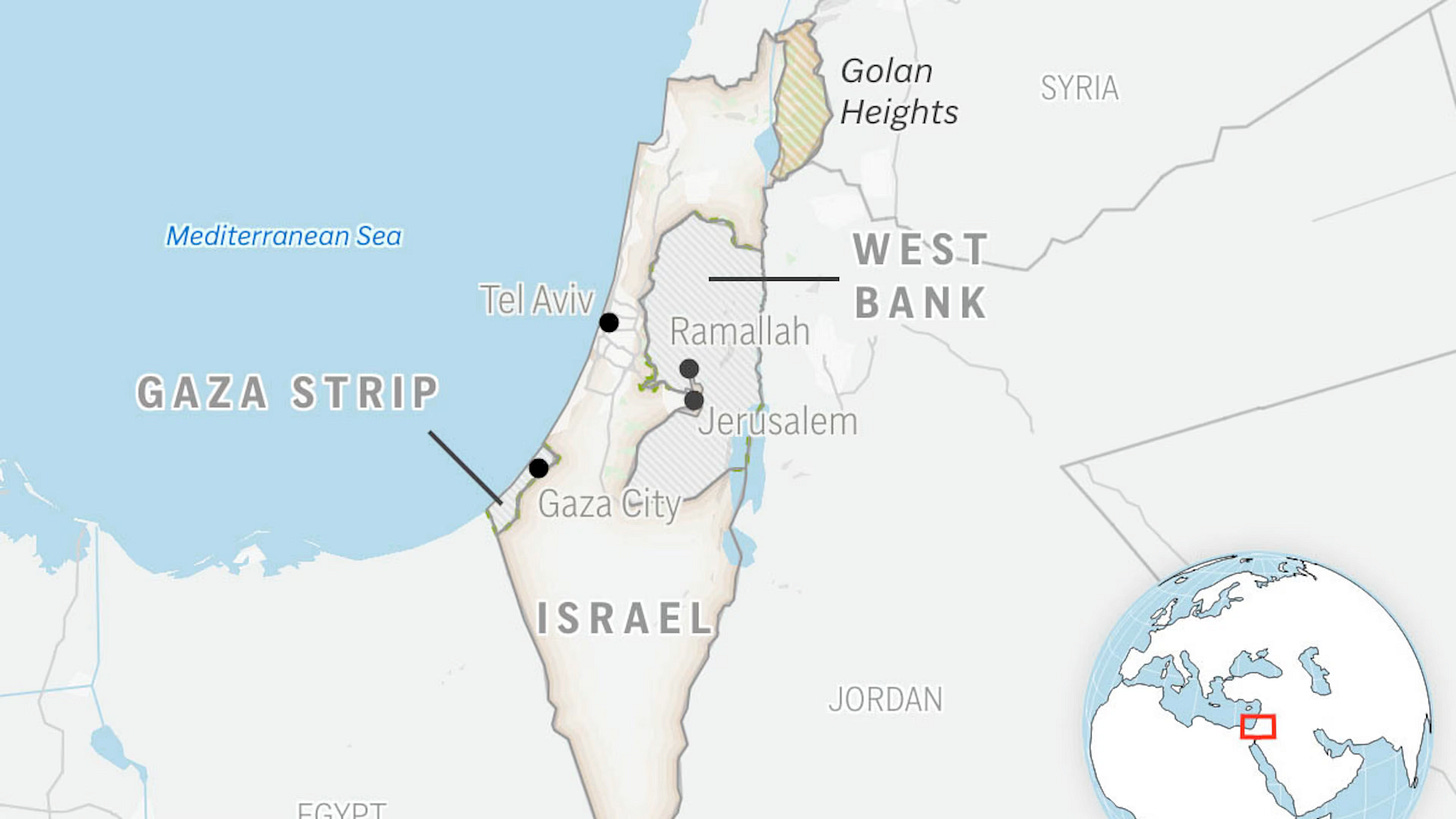
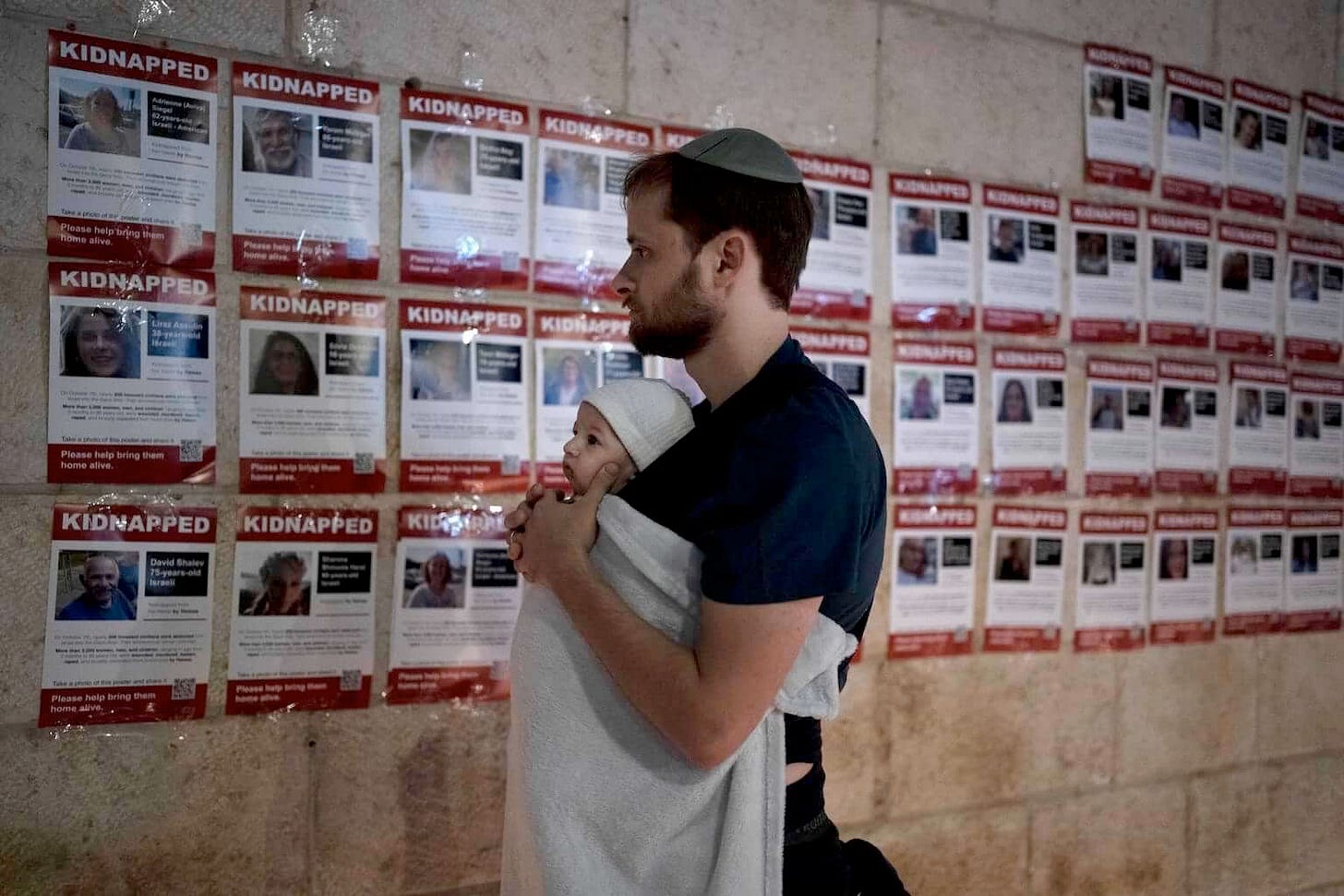
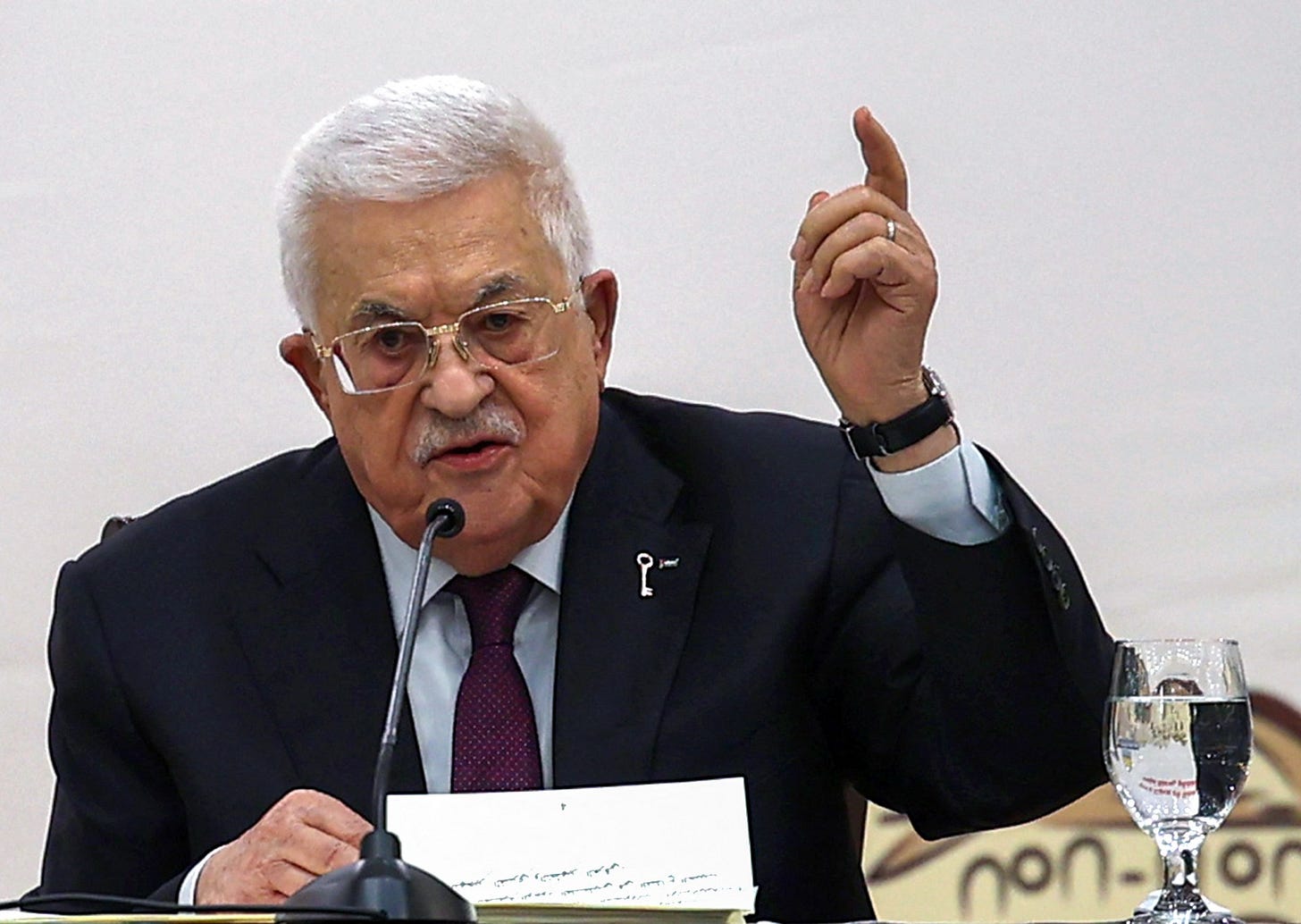
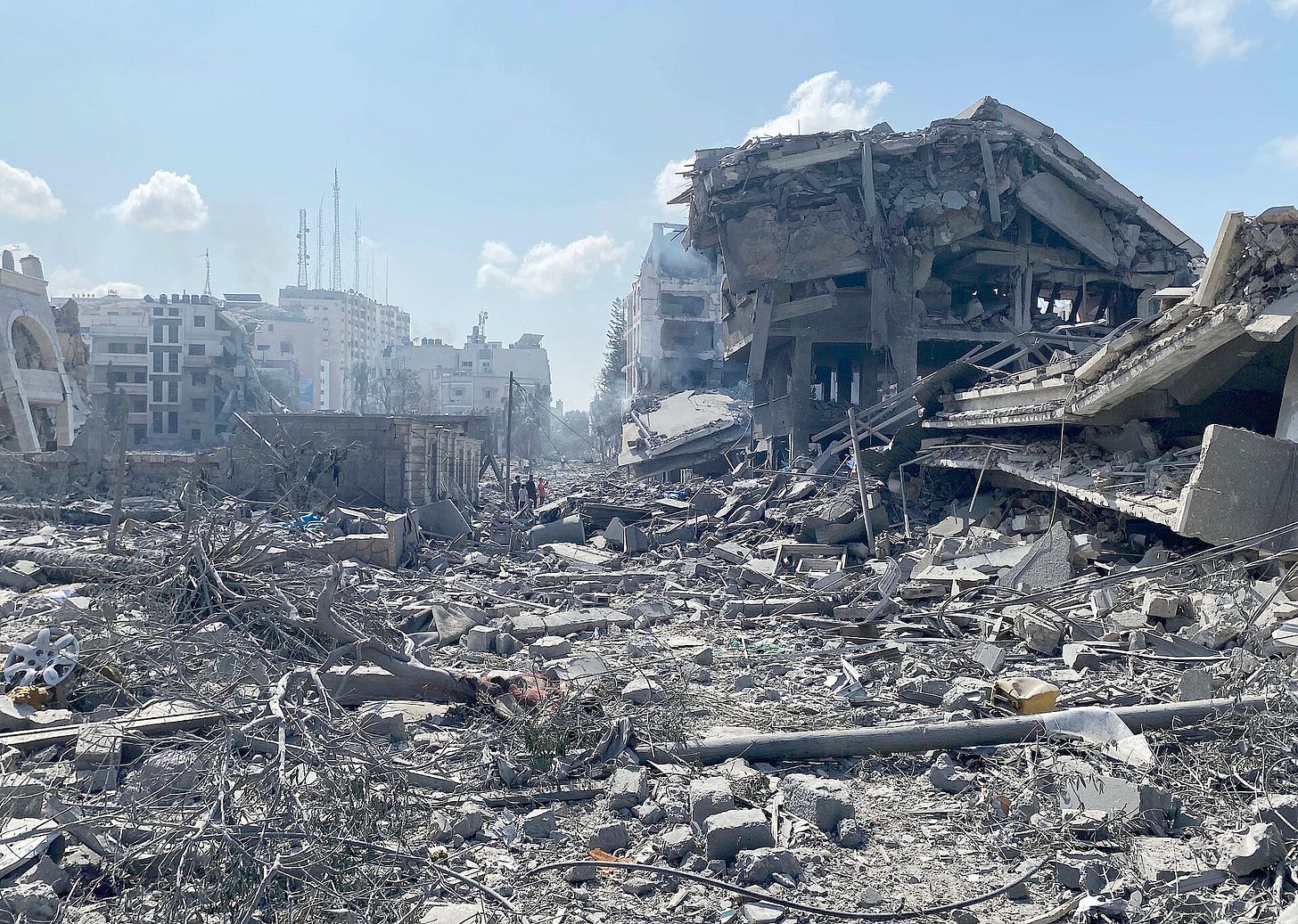
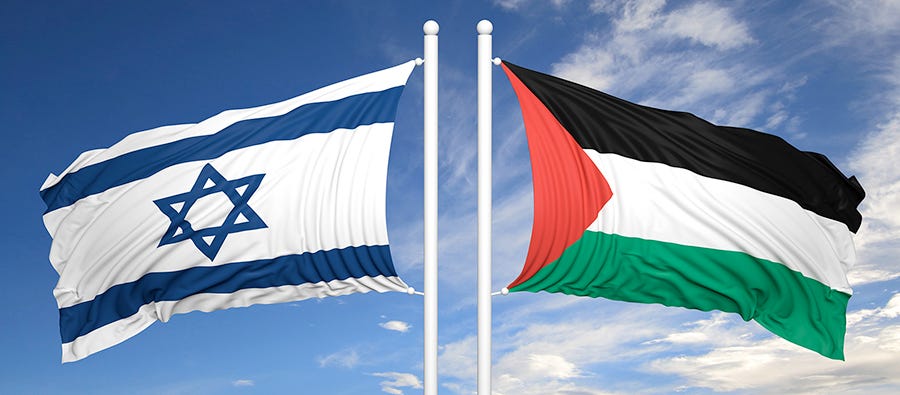

Thank you for using your platform to address this crisis. It’s been nearly 2 years of genocide and Palestinians are suffering unimaginable horror.
Terrific article Elise!